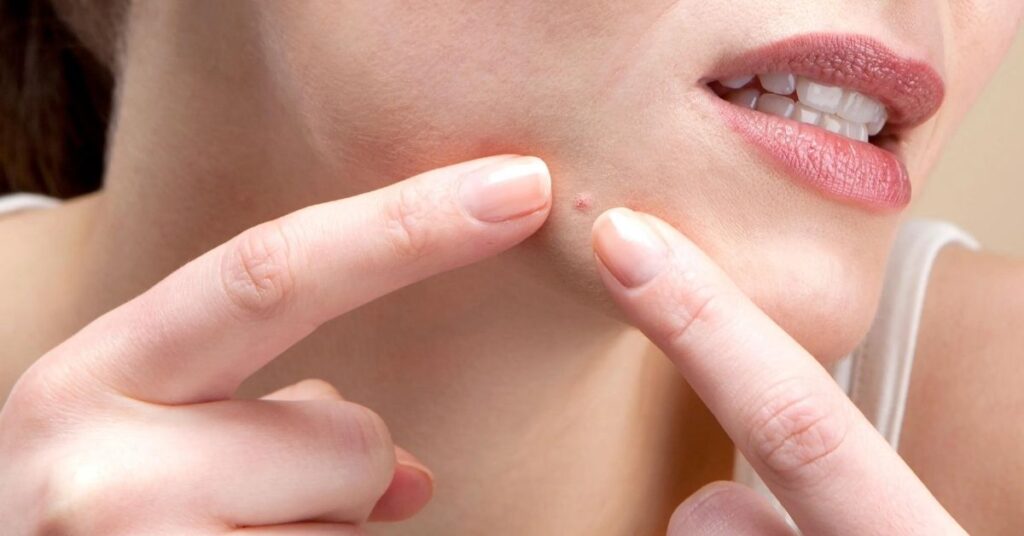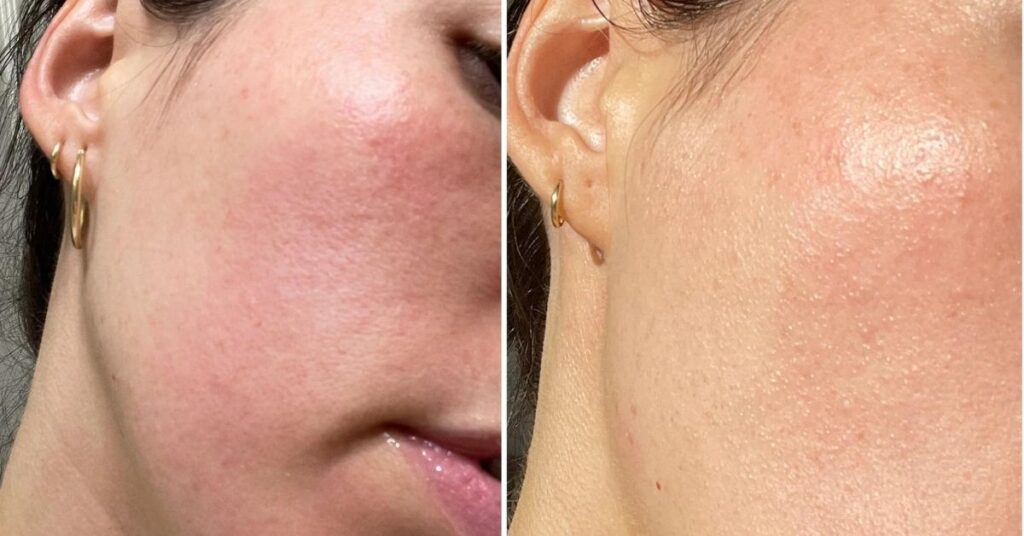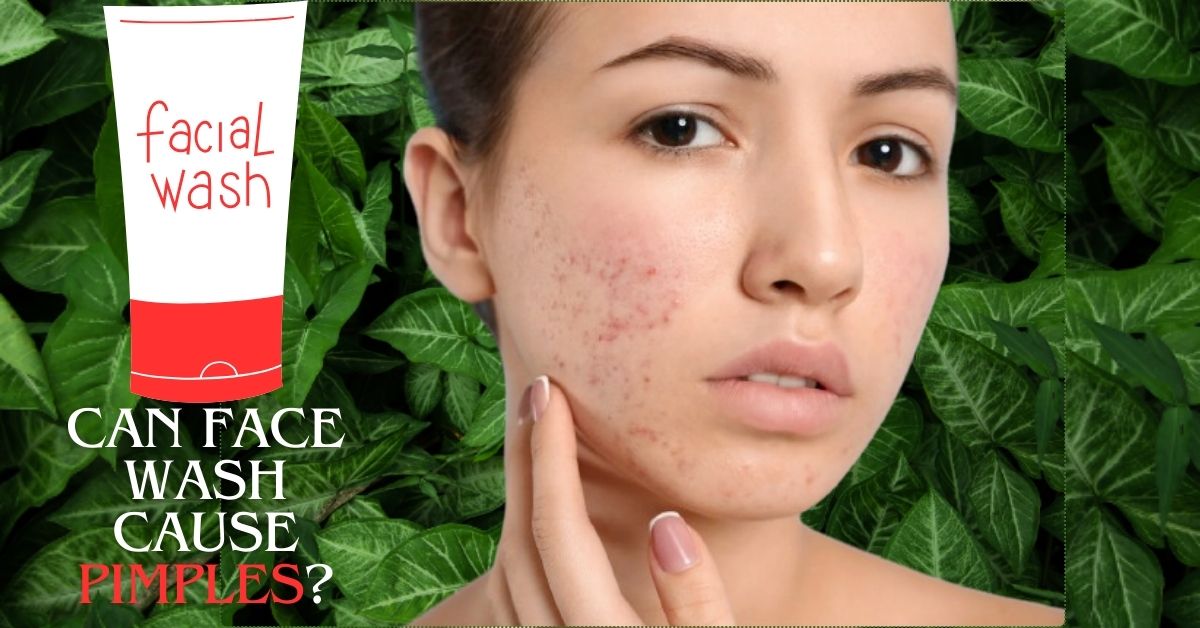Can face wash be responsible for the development of acne?
In the pursuit of a complexion that radiates health and clarity, many individuals carefully evaluate their skin care routine. One of the common concerns raised during this investigation is whether face washes could be responsible for the development of acne. The relationship between skin care products, especially face washes, and acne has fueled many debates and given rise to various misconceptions. In this comprehensive exploration, we’ll analyze the factors that contribute to pimples, analyze the role of face wash in skin care, and dispel popular myths surrounding the topic.

Before exploring the possible connection between facewash and pimples, findout the underlying causes of acne. Acne vulgaris or pimples, is. a medical condition caused by An excess of sebum, an oil naturally released by sebaceous glands on the skin. This excess oil has the ability to clog pores with germs and dead skin cells, which can result in increased acne.
The Role of Face Wash:

Undoubtedly, facewash stands as a cornerstone in any effectively skincare routine. Its primary function is to eliminate dirt, excess oil, and impurities from the skins surface, thereby fostering a clean and healthy complexion. However, not all face washes are created equal, and some may harbor ingredient’s that could potentially contribute to the development of acne.
Identifying Common Culprits in Face Wash:
- Harsh Cleansing Agents:
Certain face washes incorporate harsh detergents or sulfates capable of stripping the skin of its natural oils. This disruption in the skin’s moisture balance can trigger an escalation in sebum production, potentially leading to pore blockage and the subsequent formation of pimples. - Fragrances and Irritants:
Fragrances and specific chemicals present in certain face washes have the potential to irritate sensitive skin, causing inflammation and breakouts. Opting for fragrance-free or hypoallergenic face washes becomes especially beneficial for individuals with sensitive skin. - Comedogenic Ingredients:
Some face washes may contain comedogenic ingredients, such as certain oils and thickening agents, with the potential to clog pores. It is imperative to opt for non-comedogenic products to mitigate the risk of pore blockage.
Dispelling Myths:
- All Face Washes Cause Pimples:
A prevailing misconception is that all face washes contribute to the development of pimples. Contrary to this belief, using an appropriate face wash can aid in preventing acne by keeping the skin clean and free of impurities. - Only Acne-Prone Skin Is Affected:
While those with acne-prone skin should exercise caution when choosing skincare products, it’s important to understand that people with normal or dry skin can also have outbreaks if they use face wash that contains inappropriate components.

Conclusion:
In conclusion the relationship between facewash and pimples is multifaceted. While certain ingredient’s in face washes may have the potential to contribute to acne selecting the right product tailored to one’s skin type and specific needs is pivotal. Opting for gentle, non-comedogenic face washes and closely monitoring how the skin respond can significantly contribute to maintaining clear and healthy skin. To achieve and maintain ideal skinhealth, following a regular skincare regimen that incorporates enough hydration and exfoliation is essential. It is important to remember that everyone has a different skincare journey, so what. works for one person might notwork for another. As A result, some trial and error may be required to find the ideal face wash for unique skin needs.

